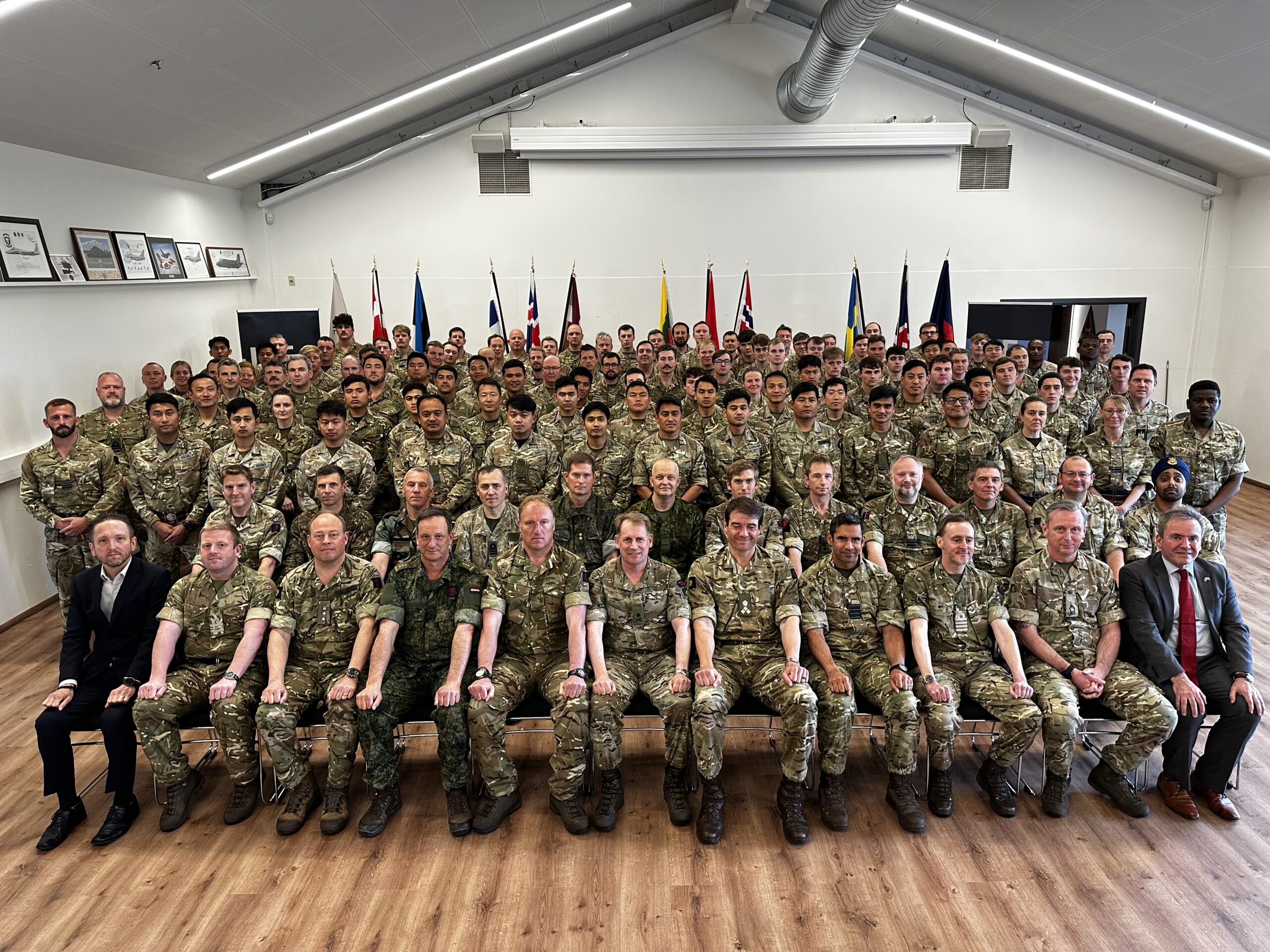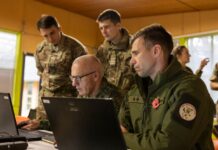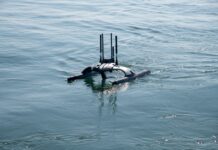The UK-led Joint Expeditionary Force (JEF) has completed a month-long redeployment of its permanent headquarters from Northwood in northwest London to Iceland, the UK Ministry of Defence (MoD) announced on 30 June 2023. It is the first time the JEF headquarters has deployed from London to a remote location to demonstrate its operational capability.
The June deployment, named ‘Asgard 23’, saw more than 150 personnel, complete with all their workstations, supporting equipment and facilities, moved from Northwood to Keflavik Airbase. The move was designed to demonstrate and test the JEF’s ability to operate its headquarters from another partner nation, developing the response to and rehearsing for a serious threat to European security.
A multinational defence framework designed to provide security to the High North, North Atlantic and the Baltic Sea Region, the JEF was established in April 2014 and consists of air, land, and maritime components. As well as the UK, its participating nations are Denmark, Estonia, Finland, Iceland, Latvia, Lithuania, the Netherlands, Norway, and Sweden.
During their time in Iceland, military personnel from all 10 JEF nations worked on security of infrastructure, intelligence sharing, and crisis protocols as well as how the multinational organisation could respond to a range of scenarios, such as threats to undersea infrastructure and how to support any NATO response to security challenges.
As well as demonstrating the JEF’s evolving capacity and capability to operate in a remote location, ‘Asgard 23’ also reinforced ties with the force’s newest member; Iceland joined the JEF in 2021.
During the exercise the UK’s Standing Joint Force Commander, Major General Jim Morris, welcomed dignitaries from all 10 JEF participant nations and hosted workshops in critical national infrastructure security, intelligence sharing, and refinement of the JEF Response Options (JROs): the protocols by which the JEF can respond in times of crisis.
“‘Asgard’ was our most ambitious headquarters exercise to date, and we’ve achieved everything we wanted to achieve,” Maj Gen Morris was quoted as saying by the UK MoD. “In particular we’ve taken great steps to develop JEF capabilities, which is a reassuring message to the people of northern Europe, and we’ve highlighted the key role that Iceland plays in supporting regional security through the JEF.

“This is the culmination of a lot of hard work by my headquarters staff, by supporting units and of course by our host nation,” the general said. “We intend to carry out increasingly ambitious deployments and exercises in the future and ‘Asgard’ has been an excellent model for that.
The JEF’s assistant chief of staff for operations and planning, Group Captain Kev Latchman, added, “Through its opt-in decision-making mechanism, the JEF can respond quickly to an emerging crisis, surging and shaping the ground to support and enhance any NATO response.
“The work we’ve done in Iceland to develop JROs has built consensus in our planning and resulted in stand-alone packages of potential activities which can support Participant Nations and NATO,” said Gp Capt Latchman. “The work completed on this deployment was the crescendo to many months of work that has laid the doctrinal foundations for a swift, credible and capable response to a raft of threats and challenges in the region.”
Peter Felstead












